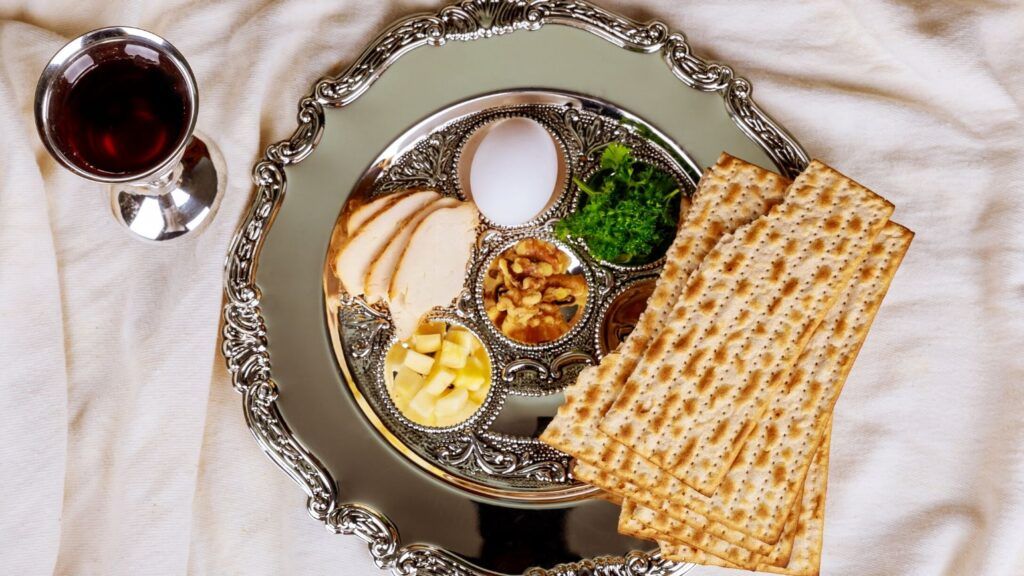When Jews greet each other this week, we might say, ah zissen pesach, a Yiddish phrase meaning, “have a sweet Passover!” The holiday, which commemorates the liberation and exodus of the ancient Israelites from slavery in Egypt, is indeed a celebration. But it also makes space to acknowledge the painful fact that we only found freedom after enduring the cruel reality of slavery.
In that, Passover stands out as a model of authentic positivity—the practice of feeling joy as one among a panoply of emotions, which include sorrow, frustration, and other “negative” feelings. The authentically positive view is that if we don’t acknowledge the latter, the former is incomplete.
Jewish life is rich with examples of holding joy next to sorrow. When a couple breaks a glass at a Jewish wedding, for example, one interpretation is that the shattering of the glass tempers the joyful moment of a new marriage with a moment for reflection on how life is complex and not always happy. We don’t dwell on this upsetting thought, but we do acknowledge it on our way back into the celebration.
One of the things I love most about Passover is how physical it is. The story of the Exodus is told by reading, of course, but also by using a series of symbolic objects that are placed on the table and discussed throughout the festive meal called a seder. These objects reflect this juxtaposition of suffering and freedom. Tender green parsley, symbolizing renewal, is dipped into salt water, which represents the tears shed by the slaves. Charoset, a chutney-like fruit paste meant to be reminiscent of the mortar slaves used in their forced labor, tastes distinctly sweet. During the seder, the sweet charoset is mixed with a bitter herb like horseradish, which symbolizes the bitter life of slavery.
And yet, we don’t wish each other a “bittersweet Passover,” we say, “ah zissen pesach.” Like under the wedding canopy, we acknowledge the reality of pain and suffering. At the Passover table, we wrestle deeply with this, reflecting on the Exodus story’s relevance to today’s world. But ultimately, we define the holiday the same way we define a wedding—through the lens of joy, of celebration, of sweetness.
May we walk through each day with this authentically positive view, having the courage to confront our challenges and struggles, and letting that honesty bring our moments of joy to full fruition.




